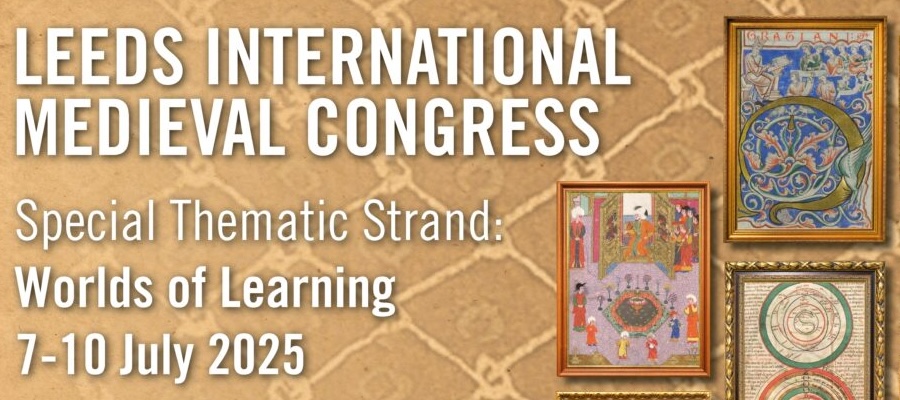Houses of Enlightenment: Scriptoria, Schools, and Madrasas from the Caucasus to India (9th–14th century), session at the 2025 International Medieval Congress, University of Leeds, July 7–10, 2025
The role played by cultural centers and pedagogical institutions during the premodern period across Eurasia is well recognized since decades. From Armenian and Georgian monasteries on the coast of the Black Sea to Islamic madrasas in Delhi, complex networks of teaching, learning, and creativity were beacons of the diffusion of religious ideas, visual patterns, writing, technologies, and scientific knowledge. Surprisingly, they remain little known in part because they suffered from the compartmentalization between modern disciplines: scholars of manuscripts were interested in the role of monastic scriptoria and madrasas as workshops and places of production, scholars of architecture in the spatial and formal organization of these structures, while historians writ large analyzed cultural exchanges, the circulation of ideas, as well as the history of education and teaching. Furthermore, these spaces of learning have usually been studied exclusively in their respective religious contexts, i.e. Christian or Islamic.
Starting from material culture, these panels seek contributions stemming from a diversity of fields including art history, cultural history, archaeology, manuscript studies, and history of science. The goal is to decompartmentalize and understand the networks of these premodern spaces of learning in the broadest sense to highlight similitudes, exchanges and interactions, as well as their essential role in the production of art and knowledge from ca. the 9th to the 14th century.
We welcome proposals from academics at all career stages, including independent scholars, and particularly welcome proposals from scholars from the region and those from marginalized backgrounds.
Session organizers
Cassandre Lejosne
Adrien Palladino
